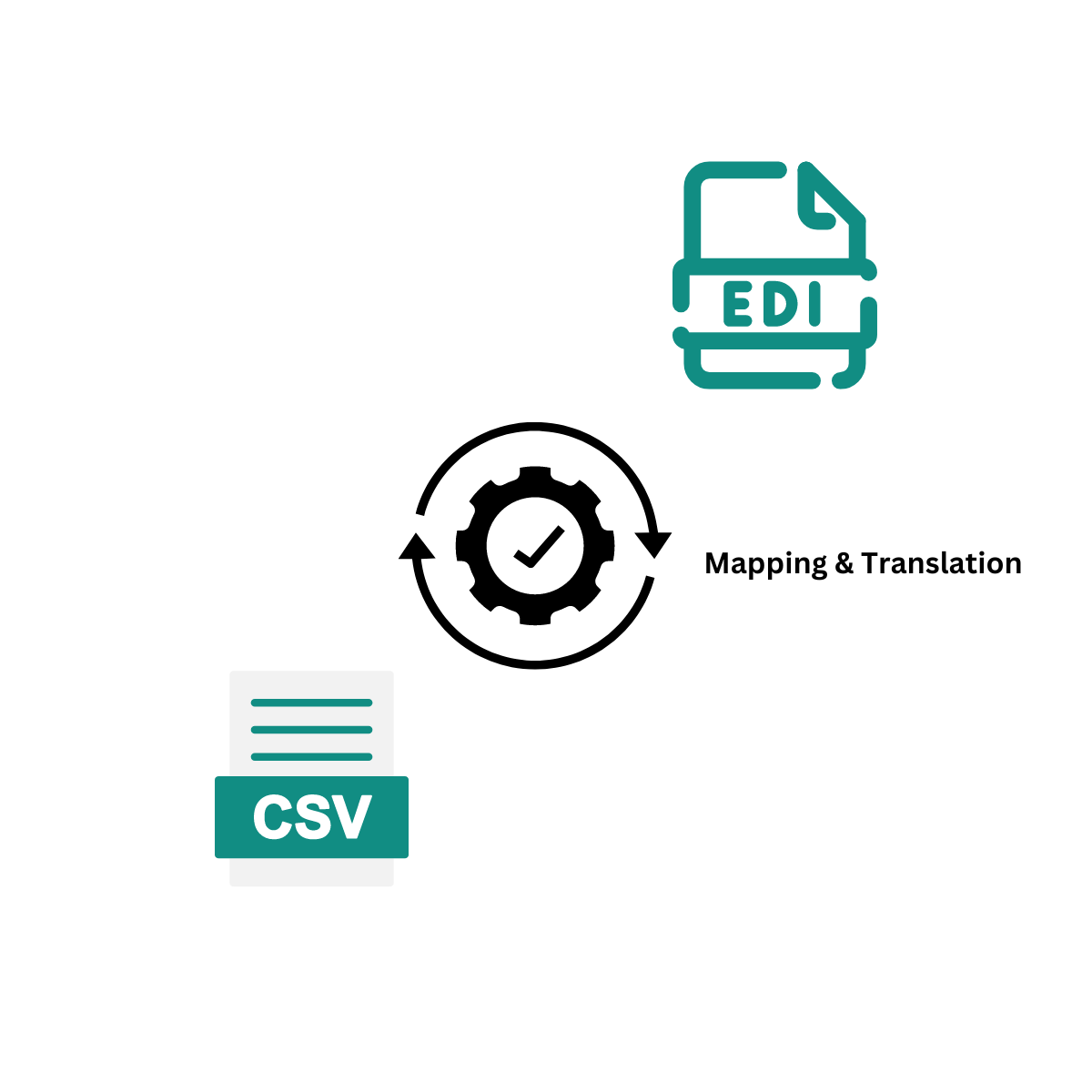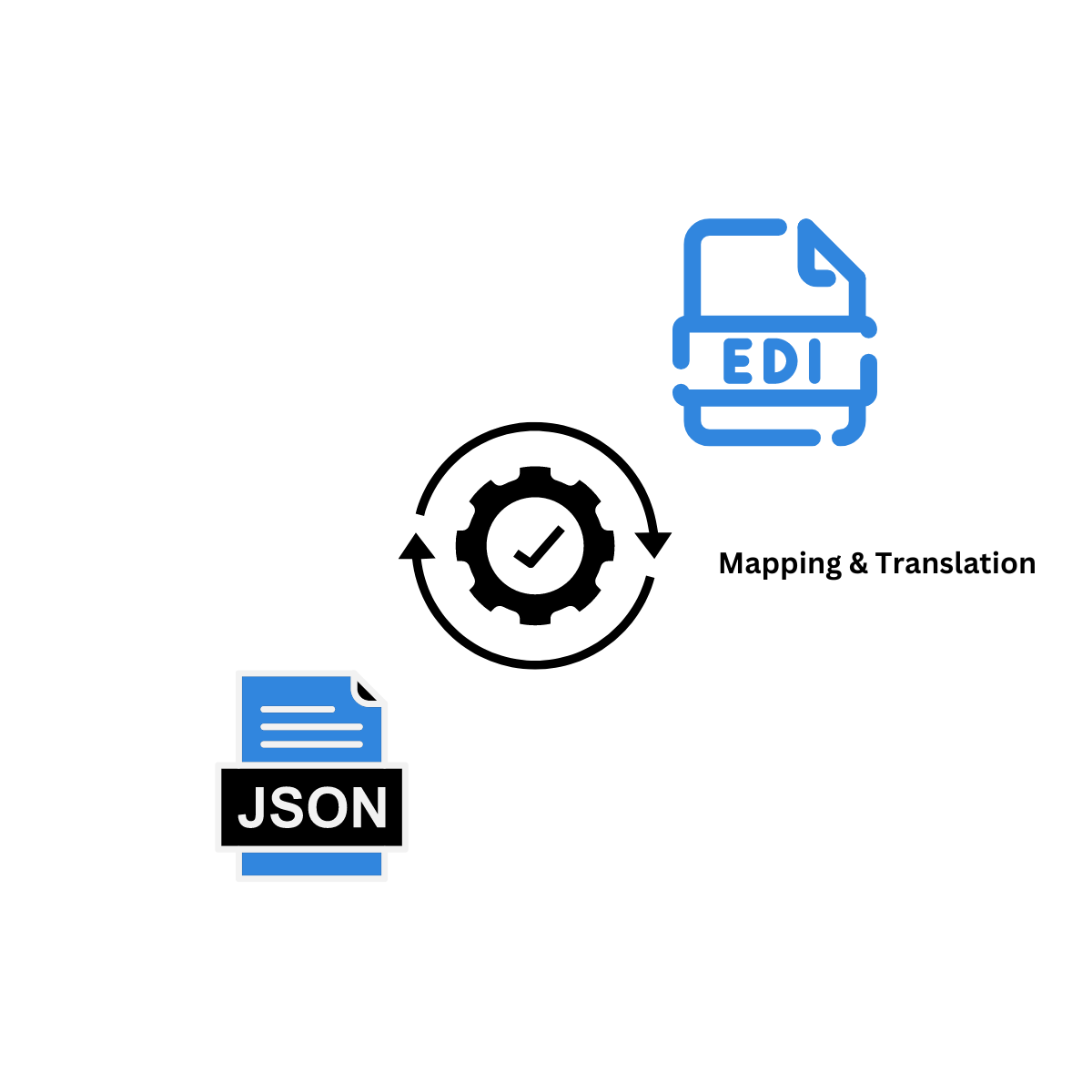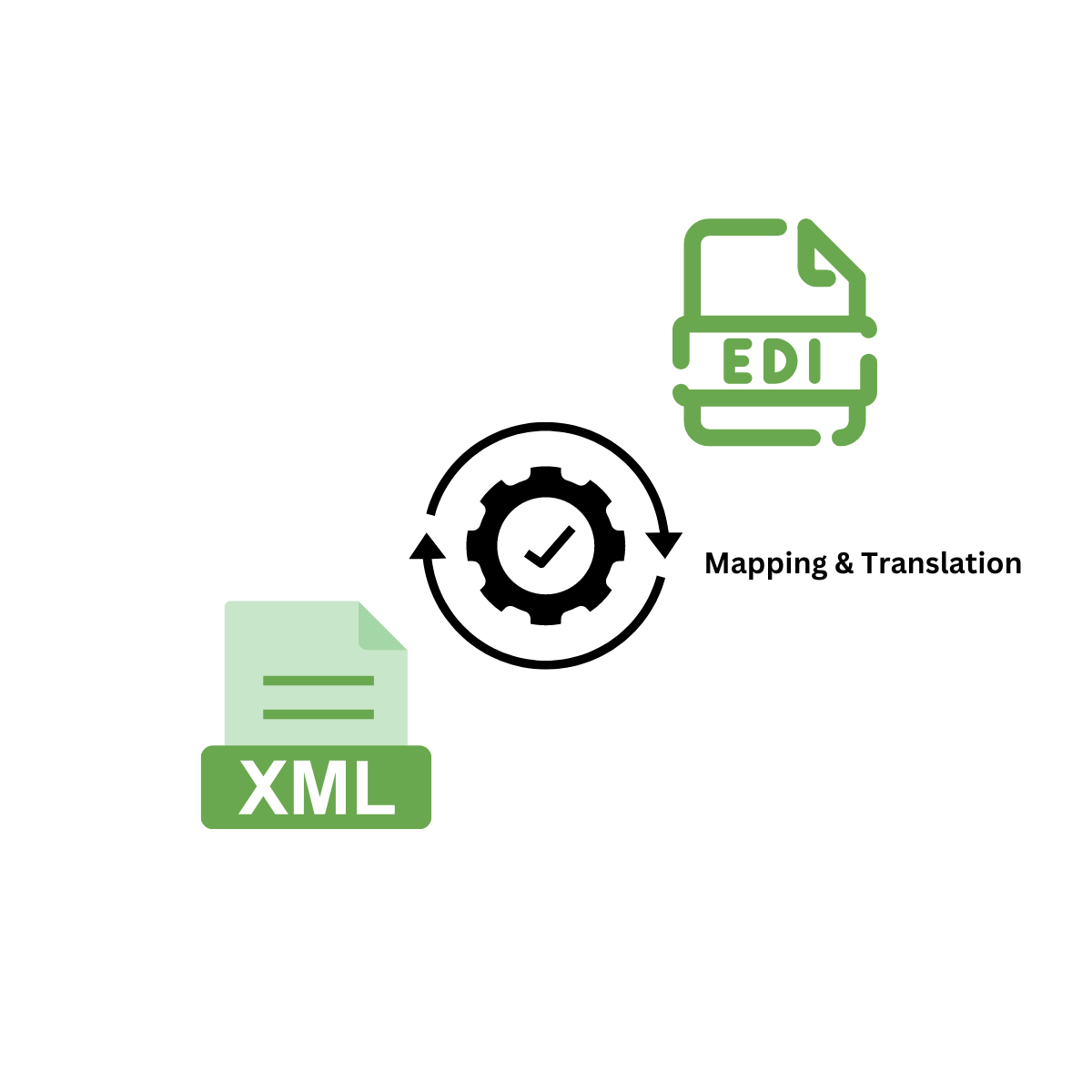Introduction to EDI in the Automobile Industry The automotive industry is a complex and global network of suppliers, manufacturers, and logistics providers. To navigate this intricate web and achieve success, collaboration and communication are paramount. This is where Electronic Data Interchange (EDI) comes into play. EDI technology facilitates the electronic exchange of business documents and […]
Introduction to EDI and VAN Electronic Data Interchange (EDI) and Value-Added Network (VAN) are two key technologies that improved how businesses handle data exchange. Let us discuss how leveraging EDI and VAN can enhance shipment tracking, providing better visibility, reduced errors, and improved communication across the supply chain. What is EDI? Electronic Data Interchange (EDI) […]
Introduction to EDI to Flat File Conversion Electronic Data Interchange (EDI) and flat file formats are commonly used methods for exchanging data between computer systems. EDI is a standardized format for transmitting business documents, such as purchase orders and invoices, electronically. On the other hand, a flat file is a plain text file that contains […]
Introduction to EDI to JSON Conversion As businesses continue to grow and evolve in the digital age, efficient and flexible data integration becomes more crucial than ever. EDI, which stands for Electronic Data Interchange, is a structured format to exchange business documents electronically. It has been widely adopted by retail, manufacturing, logistics, healthcare, and other […]
Introduction to EDI to XML Conversion Two prominent formats for exchanging business documents electronically are EDI (Electronic Data Interchange) and XML (Extensible Markup Language). While both serve the purpose of data exchange, their structures differ. One of the key challenges faced by organizations is converting Electronic Data Interchange (EDI) files to Extensible Markup Language (XML) […]




